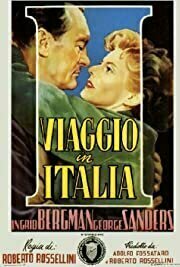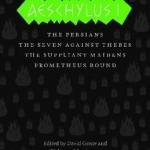
Aeschylus I: The Persians, Seven Against Thebes, the Suppliant Maidens, Prometheus Bound
Glenn W. Most, David Grene, Richmond Lattimore and Mark Griffith
Book
Sixty years ago, the University of Chicago Press undertook a momentous project: a new translation of...
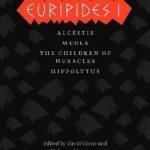
Euripides I: Alcestis, Medea, the Children of Heracles, Hippolytus
Glenn W. Most, David Grene, Richmond Lattimore and Mark Griffith
Book
Sixty years ago, the University of Chicago Press undertook a momentous project: a new translation of...
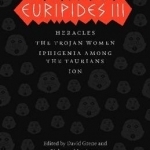
Euripides III: Heracles, the Trojan Women, Iphigenia Among the Taurians, Ion
Glenn W. Most, David Grene, Richmond Lattimore and Mark Griffith
Book
Sixty years ago, the University of Chicago Press undertook a momentous project: a new translation of...
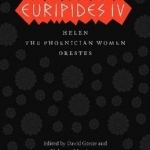
Euripides IV: Helen, the Phoenician Women, Orestes
Glenn W. Most, David Grene, Richmond Lattimore and Mark Griffith
Book
Sixty years ago, the University of Chicago Press undertook a momentous project: a new translation of...

Orlando: A Biography
Virginia Woolf, Sandra M. Gilbert and Brenda Lyons
Book
Once described as the 'longest and most charming love-letter in literature', the Virginia Woolf's...
Richard Hell recommended Journey to Italy (1954) in Movies (curated)

First Love (2019)
Movie Watch
First Love (2019) Toronto International Film Festival Never mind a New York minute: it's in a...
Miike First love Japanese
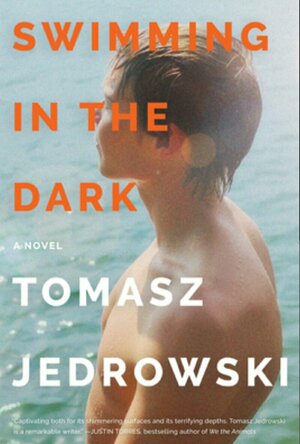
Swimming in the Dark
Book
Set in early 1980s Poland against the violent decline of communism, a tender and passionate story of...
Historical Fiction Literary Fiction Communist Poland

PHOTOESSAY Online Art Magazine
Book and Magazines & Newspapers
App
Photoessay Georgian Online Magazine - The language is an acoustically and optically perceivable...

Western Stars (2019)
Movie Watch
The incomparable Bruce Springsteen performs his critically acclaimed latest album and muses on life,...
